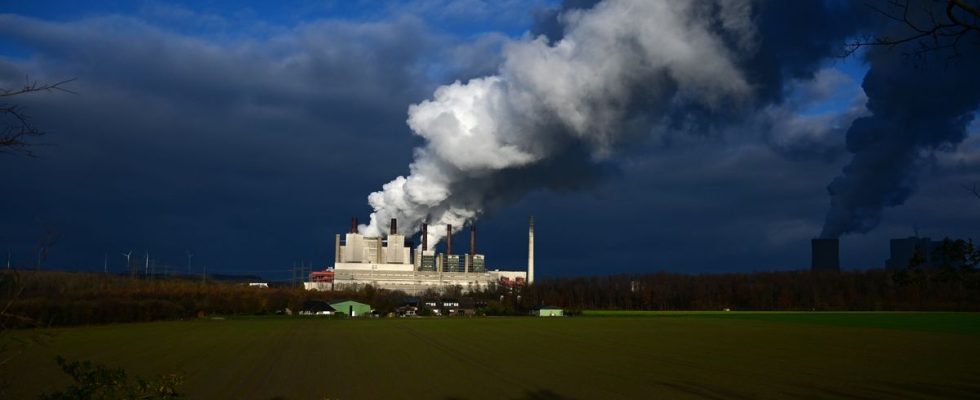German industry will get out of its dark thoughts by abandoning (a little) coal. France will in fact supply the steel industry in Saarland (west of Germany) with the hydrogen necessary for its exit from coal, by means of a 91 km pipeline from the Moselle (51 km in France) expected mid- 2027, we learned from GRTgaz on Friday.
The energy transporter and its German counterpart, the company Creos, have decided to launch the construction of a hydrogen transport network starting from the Lorraine department, “to which the group’s Dillingen and Völklingen factories in Saarland will be connected. SHS steelworks, as part of their complete renovation,” detailed Vincent Rousseau, territorial delegate of GRTgaz northeast.
“Undoubtedly a world first on such a scale”
Its completion represents an “investment of around 100 million euros”, an amount “which remains relatively modest”, because the project will result “two-thirds from the conversion of existing natural gas pipelines”, continued the French official. This change of destination constitutes “undoubtedly a world first on such a scale”, he estimated.
The launch of the project, called Mosahyc (Moselle Sarre hydrogen conversion), is triggered by the decision of SHS to gradually abandon, from 2027, the use of coal for the manufacture of its steels, in order to replace it, among other things, with ‘hydrogen. Unveiled in December 2022, the project was reinforced last Monday by the announcement in Völklingen by German Minister of the Economy Robert Habeck of the granting by the Federal State of a subsidy of 2.6 billion euros, in ensuring that it will obtain approval from the European Commission. This public aid of a record amount in Germany “is essential to carry out the required investment”, reacted SHS in a press release.
The pipeline will draw its hydrogen from its production on the Carling-Saint-Avold chemical platform in Moselle thanks to the facilities that will be opened in the coming years by the GazelEnergie companies, subsidiaries of the EPH group of Czech businessman Daniel Kretinsky, and Verso energy, explained Vincent Rousseau. The objective is “to gain other user customers for Mosahyc, also on the French side,” he added.
In France, four other comparable but less advanced projects are located in the Dunkirk and Valenciennes (North), Marseille-Fos and Alsace sectors. With that of Moselle-Sarre, the national network could extend over 500 km by 2030.

